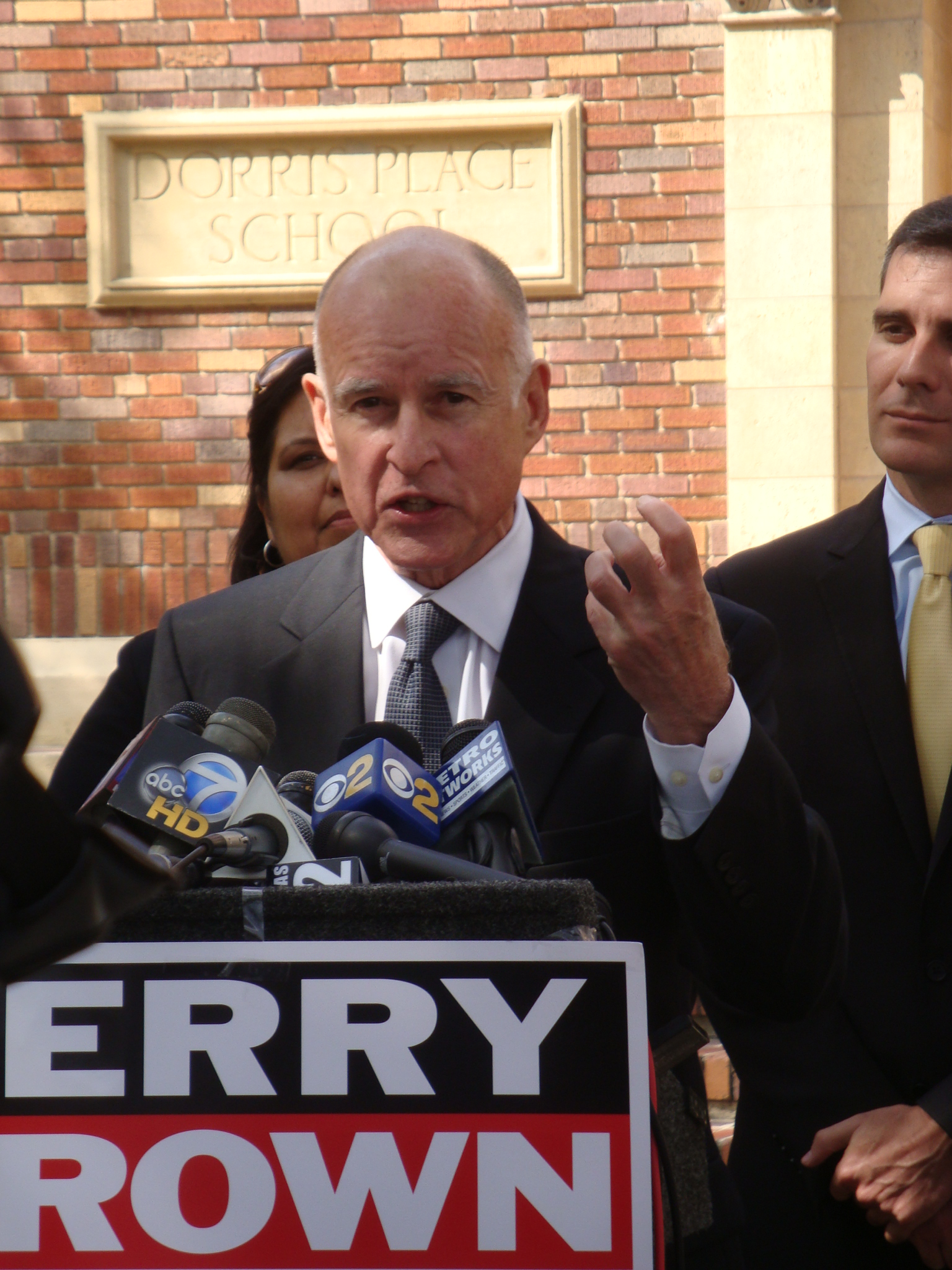
Gov. Jerry Brown vetoed legislation Monday that would have created a new program to replace the Adult Health Day Care centers the state is eliminating to save money in the budget.
The centers serve mostly older Californians – about 37,000 people a year – who are at risk of being placed in nursing homes.
In his veto message, Brown said the new program, while requiring less funding at first, would essentially be a duplicate of the one he was eliminating. He said he didn’t see the point of doing that.
The new program would have been known as KAFI—for Keeping Adults Free from Institutions.
“While my administration deeply shares the goal of “Keeping Adults Free from Institutions,” creating a new AHDC look-alike program at this juncture is unnecessary and untimely,” Brown wrote. “It does not address the immediate need to transition ADHC beneficiaries to other home and community-based services that can meet their needs, and would cause confusion for both consumers and providers.”
Brown said his administration would extend the elimination of the Adult Health Day Care program from Sept. 1 to Dec. 1 to give the centers, their clients, advocates, legislators and the Health Services Department time to ensure that everyone who needs services to remain free of a nursing home gets them.
Brown said that he signed a separate bill allowing the centers to continue to operate after the end of fee-for-service payments from Medi-Cal, the state health program for the poor. The centers could become part of an integrated “continuum of care” and be folded into HMOs or other health plan options, he said.
But representatives of more than 300 centers that are threatened with closure said they have been leaders in providing their clients integrated care, and under Brown’s plan, those clients will now be more likely to get sporadic attention that will worsen their health and land them in an institution.
Lydia Missaelides, executive director of the California Association for Adult Day Services, said Brown’s vision amounts to “shuttering” aging seniors in their homes with inadequate health services.
“The veto message does not give any assurance that the Administration intends to keep the ADHC model alive except for people who can afford to pay privately, abandoning this level of care that has protected our poor, frail and chronically ill California citizens who have lived and worked in our state for years,” she said. “We have already seen nursing home placements and costly hospitalizations as a result of 17 centers closing, even with alternative services. Rural and urban communities alike will feel the economic and human impacts of losing this unique integrated model. Once dismantled, the investment in ADHC programs that communities have made over the decades cannot be regained in this economic climate.”
The association said Brown’s action will mean the closure of virtually all of the 300 small businesses and non profits that operate the health centers, the loss of 7,000 jobs for the center’s workers, a spike of at least 4,000 additional nursing home admissions and thousands of admissions to hospital emergency rooms as patients face medical and psychiatric crises.





